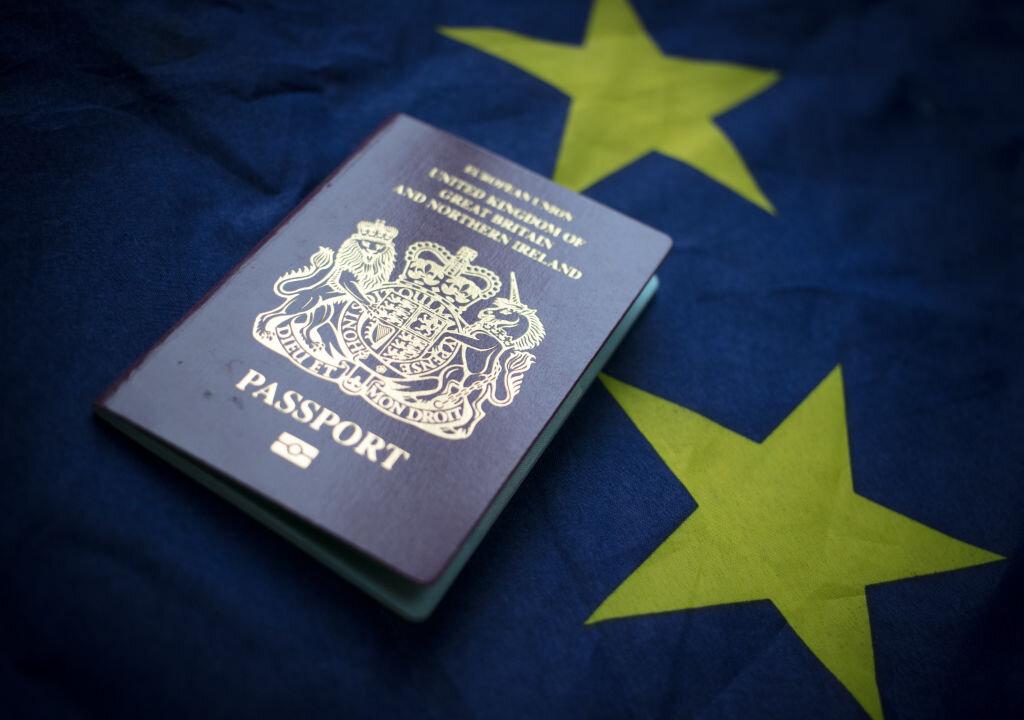European Union officials are calling on member countries to tighten checks on non-EU nationals who obtain citizenship or residency through investment, in a crackdown on so-called “golden passport” or “golden visa” schemes.
Europe’s executive branch—the European Commission—presented on Jan. 23 a first-ever comprehensive report on the arrangements, said to be problematic because their design could potentially allow criminals to gain unfettered access to all countries of the European Union.





